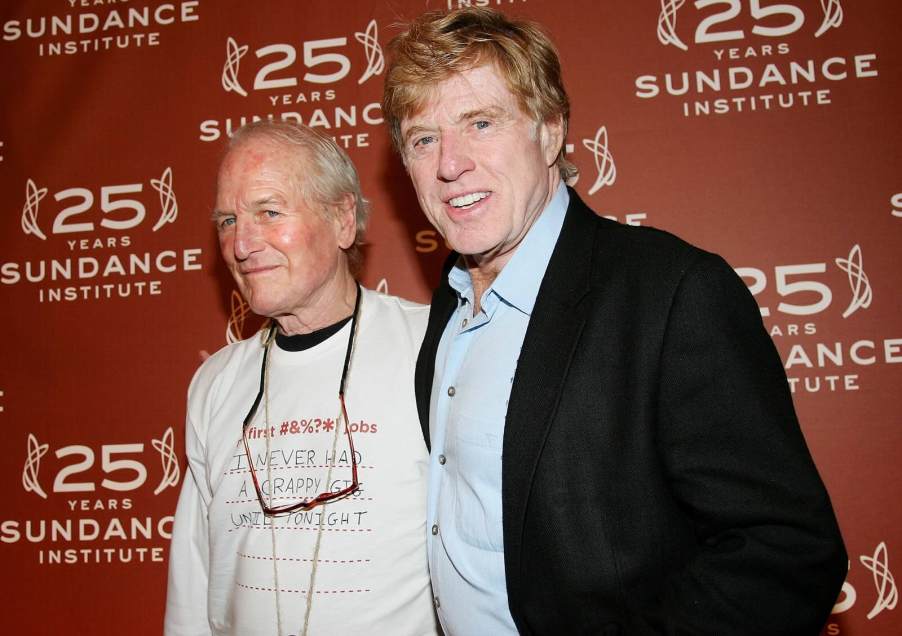
The Mortician on HBO: The Disturbing True Story of David Sconce
HBO’s The Mortician is not your average true crime documentary. This chilling three-part series, premiering June 1, takes viewers deep into one of the darkest chapters of America’s funeral industry. It centers on David Sconce, a man who didn’t just run a cremation business—he turned it into a horrifying money-making machine that left dozens of families devastated and robbed of dignity.
Sconce operated in the 1980s, primarily through his family’s business, Lamb Funeral Home in Pasadena, California. But what he did behind closed doors is something few could imagine. From stacking bodies into ovens to breaking bones just to fit more remains in, his actions sparked outrage and led to major changes in how cremation services are regulated today.
A Business Fueled by Greed, Not Grief
At first glance, Sconce was simply trying to expand the family business. But as former employees and experts reveal in The Mortician, it quickly became clear that his motivation wasn’t compassion—it was pure profit.
In order to keep up with demand and offer prices lower than the competition, Sconce began cremating multiple bodies at once. Employees describe breaking arms, legs, and collarbones to cram more bodies into the ovens, all without notifying the families. Jewelry was removed, gold teeth were extracted, and valuables were sold for extra cash.
Former workers recall the sickening red flags: games to see who could fit the most bodies at once, careless labeling of remains, and even stripping clothes off the dead to resell. As for the ashes? They often didn’t match. Clients might receive ashes from several people, not just their loved one. And many never knew.
How the Cremation Scandal Was Exposed
It wasn’t rival funeral directors or grieving families who first brought the truth to light—it was a former soldier who once helped liberate Auschwitz. He lived near Sconce’s desert facility and recognized the smell of burning human flesh. His call to 911 triggered the investigation that exposed everything.
At the height of his operation in the California desert, Sconce was cremating up to 200 bodies at once. The scale was enormous. His success at undercutting local prices had made funeral directors suspicious, and now, the pieces finally came together.
In 1989, Sconce pleaded guilty to a range of crimes, including mishandling human remains and illegally extracting gold from corpses. He served a few years in prison. But the story didn’t end there.
Back Behind Bars, Then Paroled Again
Sconce was later arrested in 2013 for violating the terms of his lifetime probation. He had been found with a firearm, a direct violation of his release terms. He went back to prison, and wasn’t released again until 2023.
Even decades after his original crimes, Sconce has shown no remorse. In The Mortician, he speaks openly and casually about his past actions. His license plate used to read “I BRN 4U,” and when asked about mixing ashes, he shrugs it off as meaningless.
“There’s no difference in anybody’s cremated ash,” he says. “That’s not your loved one anymore, and it never has been.” His tone is cold, detached, and deeply unsettling.
The Documentary Gives Survivors and Morticians a Voice
While Sconce’s voice is front and center, The Mortician also amplifies those who were directly impacted. Families describe the emotional trauma of not knowing whether they truly received their loved one’s remains. Mortuary workers who once served under Sconce speak with horror about what they witnessed.
Funeral directors across California were appalled by what came to light. They stress that Sconce was a dangerous exception, not the norm. His actions led to stricter laws, including felony charges for tampering with remains and mandatory surprise inspections of crematories. Taking dental gold is now a criminal offense.
One particularly disturbing moment in the documentary features Sconce’s ex-wife, Barbara Hunt. She explains that she had no idea what her husband was doing until she saw news reports. But one day, she walked into the garage and saw him cracking teeth with a hammer. He was collecting gold and placing it into a styrofoam cup marked “Au.” That was when reality hit.
“I just sat there thinking, what world am I in?” she says.
Why HBO and Director Joshua Rofé Chose to Tell This Story
Joshua Rofé, who directed the documentary, believes that looking at someone like David Sconce is not just important—it’s necessary. “If we were to all walk around pretending that everything in this world is hunky dory, we would be doing a great disservice to humanity,” he told TIME.
He also believes the story taps into a bigger issue: the lengths people and companies will go to in order to cut corners for profit. “It’s pretty damn gruesome,” he says, pointing out that in most industries, greed can be annoying or unethical. But in the funeral industry, it can be downright horrifying.
During one particularly eerie moment of filming, Rofé recalled Sconce asking him what he would do if someone paid him to make a documentary that made him look bad. “There was a look in his eye unlike any that I’d seen before,” Rofé says. “It was just scary.”
An Industry Changed Forever
The Mortician doesn’t just tell a story of one man’s crimes—it shows how they left lasting scars on both individuals and an entire industry. The scandal forced cremation businesses across the country to adopt higher standards and better oversight. Laws changed, inspections increased, and trust had to be rebuilt.
The documentary pulls no punches. It’s a raw, often disturbing look at what happens when compassion is removed from a process meant to honor the dead. And it serves as a reminder that even in death, dignity should never be up for sale.
Popular Categories





